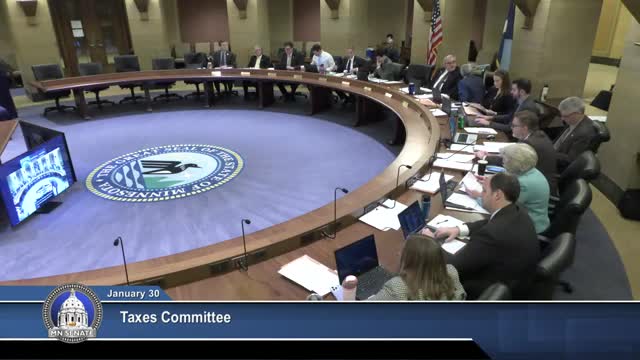Article not found
This article is no longer available. But don't worry—we've gathered other articles that discuss the same topic.
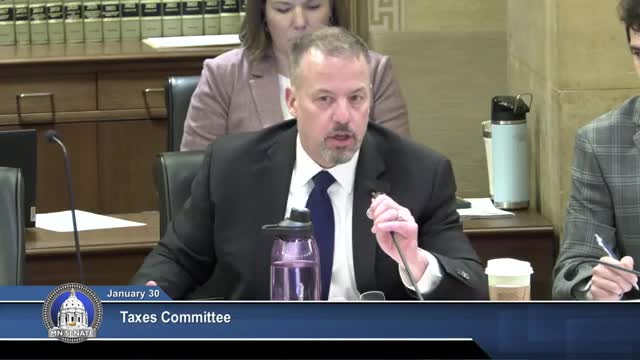
Senate advances bill to extend state solar tax credit to municipal and co-op utility customers
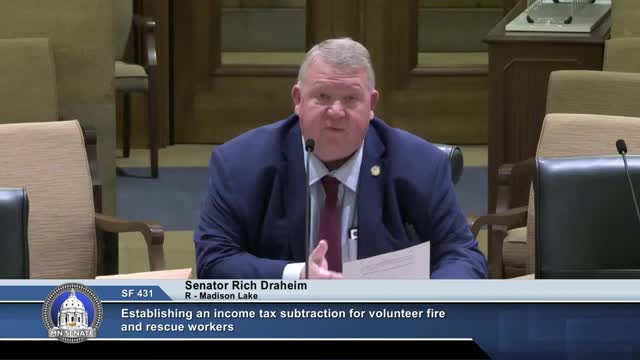
Senate considers adding nonprofit physical rehabilitation clinics to sales‑tax exemptions
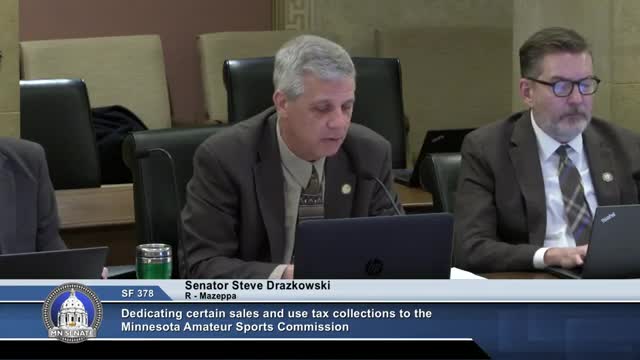
Committee hears request to restore sales‑tax exemption for Ducks Unlimited and similar bird conservation nonprofits
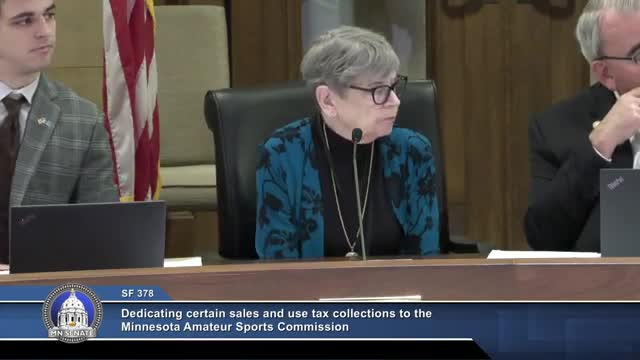
Proposal would create tax subtraction to reward volunteer firefighters and EMS workers; committee hears bill
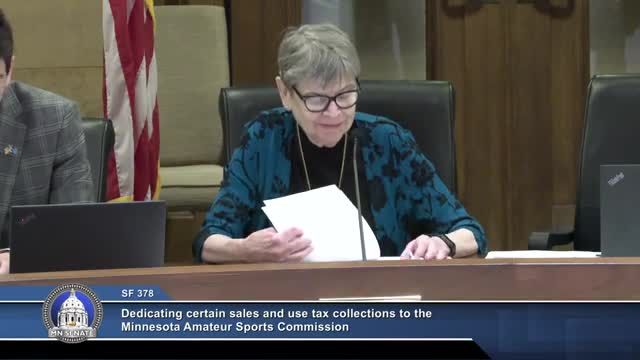
Panel hears bill to redirect National Sports Center sales tax revenue to deferred‑maintenance account
